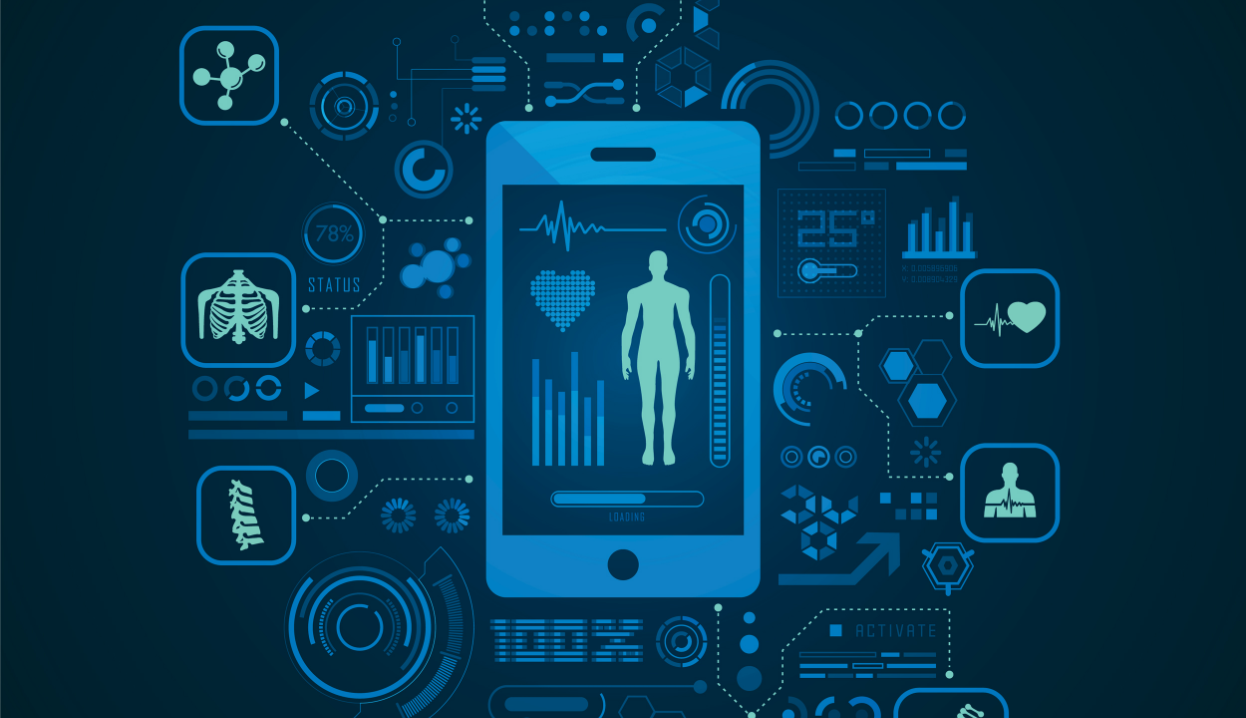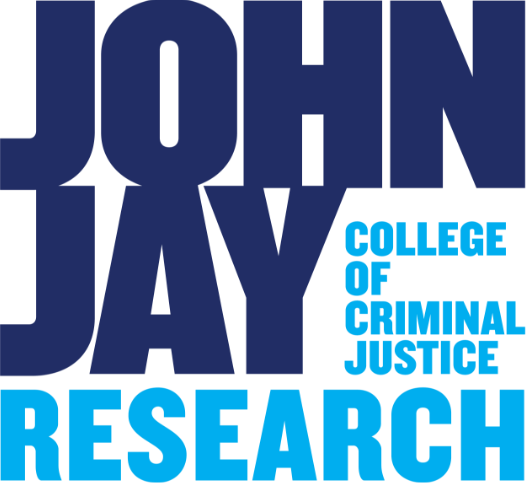
Illustration: Angus Greig
SAFEGUARDING PATIENT DATA
As we pour more of our personal data into networked devices, protecting our information from threats or loss becomes increasingly important. Dr. Alex Alexandrou, a former healthcare IT professional turned John Jay assistant professor, is working on tackling the risks in industries where privacy is a premium.
Now that mobile device use in hospitals is widespread, the risks to patient data are many: phishing, lax security and even theft of the portable devices. But doctors and nurses’ priorities are different from administrators’: practitioners are looking for efficiency and effectiveness in treating patients, while administrators are just as concerned with ensuring that the patient data they are charged with protecting isn’t lost. Dr. Alexandrou’s theoretical and practical model, developed during fieldwork done at three New York hospitals, examines the trade-offs that healthcare practitioners balance in their daily work and gives solutions for how to meet their needs while encouraging adherence to safety standards.
“If the device and security controls are easy to use,” he says definitively, “people will use it and pay attention. But if it’s not, or doesn’t access information right away, people will give up.”
Alexandrou concluded that hospital-provided devices are much safer for patient data than the devices that doctors or nurses bring from home. He also emphasized that specialized training for different types of users is key for security adherence; doctors have different concerns and habits than nurses.
With a long history of professional experience working in hospitals on these issues, Alexandrou has been thinking about healthcare technology and security since long before he wrote his dissertation on the topic, or followed up with this study, published in early 2019. And he doesn’t see the challenges as unique to hospitals. Alexandrou thinks the key issue is the same everywhere: humans are the weakest link, whether in the hospital or the university. His model is a step toward protecting sensitive data.
BETTER BUILDING BLOCKS
Silicones are the building blocks to some of the most important objects in our everyday lives: the heat-resistant polymers are used in sealants, adhesives, lubricants, medicines, cooking utensils and insulation. Currently, silicones are made using platinum, which is expensive, rare and environmentally damaging to mine. With support from a grant from the National Science Foundation, Dr. Guoqi Zhang is trying to replace platinum in the process, developing new catalysts based on Earth-abundant, sustainable materials for the synthesis of silicones.
In collaboration with John Jay’s Program for Research Initiatives in Science and Math (PRISM), Dr. Zhang has developed new families of catalysts using metals like manganese, vanadium and aluminum. These inexpensive metals aren’t typically used to make catalysts because they are usually unreactive and unstable, but Zhang’s lab is attaching groups of organic materials to the metals to enhance reactivity.
Zhang’s research on synthesizing organic and inorganic materials, which merges chemistry, forensic science and toxicology, has also created catalysts for other types of processes, including creating effective anticancer agents. By actively using undergraduate students in his research, he is providing hands-on training for the next generation of our scientific workforce.
